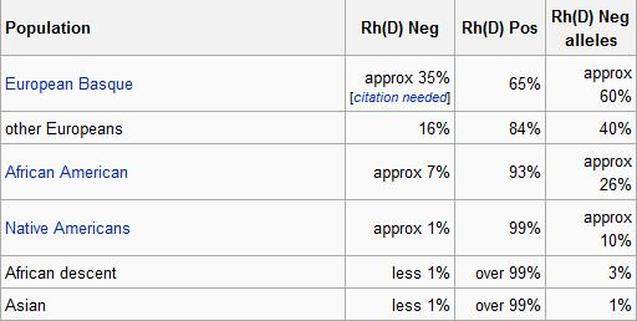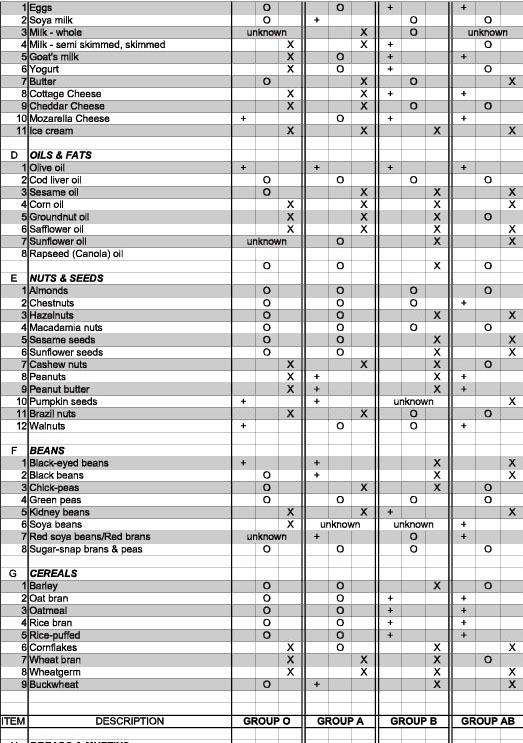

The general pattern suggests that RhD negative subjects could have problems with autoimmunity, could be more resistant to infections of viral origin and could be less resistant to infections of bacterial origin. RhD negative subjects have increased the risk of developing of certain heart diseases, respiratory diseases and some immunity and autoimmunity related diseases, for example rheumatoid arthritis. Health-wise, there are mainly disadvantages attached to being rh(D) negative, but some advantages exist.

Two rh(D) positive heterozygotes (Dd) can have an rh(D) negative child. If all of the dots of RH negative hot spots lead us to the origins of a common continent in the middle of the Atlantic Ocean, then we can fully conclude that this blood type comes from a lost land. The d (rh negative) gets inherited recessively. I Got bored one day and started researching where my blood type came from. When you have it (D), you are rh positive.

When you lack it (d), you are rh negative. The D antigen decides whether or not you are rh negative. When you lack all of them, you are Rh null. This has led some to suggest that Rh-Negative blood must be of a non-human origin. Health problems may occur for the unborn child of a mother with Rh-Negative blood when the baby is Rh-Positive. There are also instances, however, where people are Rh-Negative. There are many antigens in the Rh blood group system. Most people who have the Rh blood type are Rh-positive. It is of great interest in pregnancies when the blood type of the mother is Rh(D) negative and the fetus Rh(D) positive. Rh(D) negative blood is the result of a simple gene deletion


 0 kommentar(er)
0 kommentar(er)
